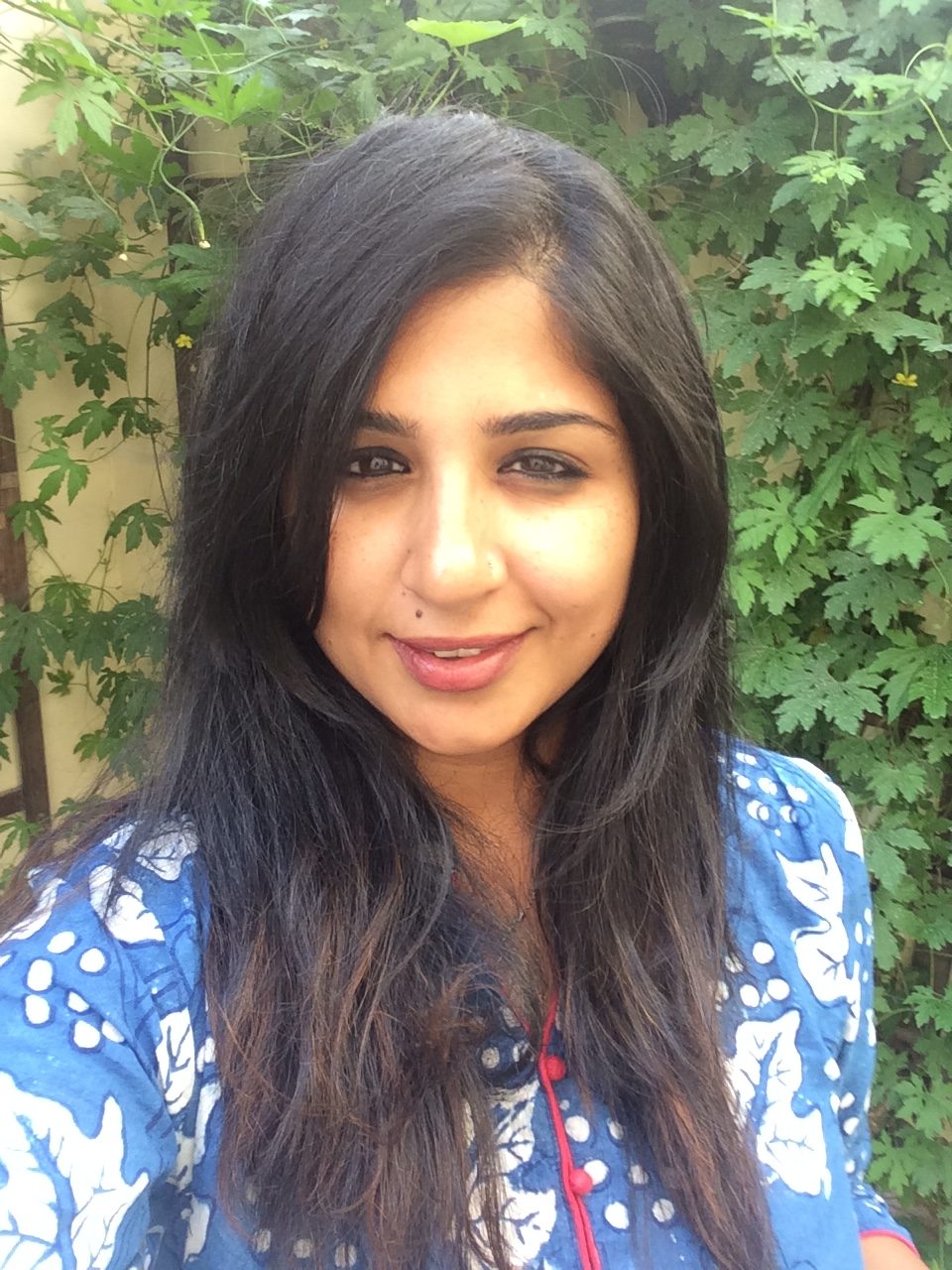
Whenever you learn a new mental model or idea, it’s like the “software” in your brain gets updated. Suddenly, you can run all of your old data points through a new program. You can learn new lessons from old moments.
Of course, this is only true if you internalize and remember insights from the books you read. Knowledge will only compound if it is retained. In other words, what matters is not simply reading more books, but getting more out of each book you read.
Gaining knowledge is not the only reason to read, of course. Reading for pleasure or entertainment can be a wonderful use of time, but this article is about reading to learn. With that in mind, I’d like to share some of the best reading comprehension strategies I’ve found.
1. Quit More Books
It doesn’t take long to figure out if something is worth reading. Skilled writing and high-quality ideas stick out.
As a result, most people should probably start more books than they do. This doesn’t mean you need to read each book page-by-page. You can skim the table of contents, chapter titles, and subheadings. Pick an interesting section and dive in for a few pages. Maybe flip through the book and glance at any bolded points or tables. In ten minutes, you’ll have a reasonable idea of how good it is.
Then comes the crucial step: Quit books quickly and without guilt or shame.
Life is too short to waste it on average books. The opportunity cost is too high. There are so many amazing things to read.
2. Choose Books You Can Use Instantly
One way to improve reading comprehension is to choose books you can immediately apply. Putting the ideas you read into action is one of the best ways to secure them in your mind. Practice is a very effective form of learning.
Choosing a book that you can use also provides a strong incentive to pay attention and remember the material. That’s particularly true when something important hangs in the balance. If you’re starting a business, for example, then you have a lot of motivation to get everything you can out of the sales book you’re reading. Similarly, someone who works in biology might read The Origin of Species more carefully than a random reader because it connects directly to their daily work.
3. Create Searchable Notes
Keep notes on what you read. You can do this however you like. It doesn’t need to be a big production or a complicated system. Just do something to emphasize the important points and passages.
I do this in different ways depending on the format I’m consuming. I highlight passages when reading on Kindle. I type out interesting quotes as I listen to audiobooks. I dog-ear pages and transcribe notes when reading a print book.
But here’s the real key: store your notes in a searchable format.
4. Combine Knowledge Trees
One way to imagine a book is like a knowledge tree with a few fundamental concepts forming the trunk and the details forming the branches. You can learn more and improve reading comprehension by “linking branches” and integrating your current book with other knowledge trees.
Connections like these help you remember what you read by “hooking” new information onto concepts and ideas you already understand. As Charlie Munger says, “If you get into the mental habit of relating what you’re reading to the basic structure of the underlying ideas being demonstrated, you gradually accumulate some wisdom.”
When you read something that reminds you of another topic or immediately sparks a connection or idea, don’t allow that thought to come and go without notice. Write about what you’ve learned and how it connects to other ideas.
5. Write a Short Summary
As soon as I finish a book, I challenge myself to summarize the entire text in just three sentences. This constraint is just a game, of course, but it forces me to consider what was really important about the book.
If you feel like you can’t squeeze the whole book into three sentences, consider using the Feynman Technique.
The Feynman Technique is a note-taking strategy named after the Nobel Prize-winning physicist Richard Feynman. It’s pretty simple: Write the name of the book at the top of a blank sheet of paper, then write down how you’d explain the book to someone who had never heard of it.
If you find yourself stuck or if you see that there are holes in your understanding, review your notes or go back to the text and try again. Keep writing it out until you have a good handle on the main ideas and feel confident in your explanation.
6. Surround the Topic
If you only read one book on a topic and use that as the basis for your beliefs for an entire category of life, well, how sound are those beliefs? How accurate and complete is your knowledge?
Reading a book takes effort, but too often, people use one book or one article as the basis for an entire belief system. This is even more true (and more difficult to overcome) when it comes to using our one, individual experience as the basis for our beliefs.
One way to attack this problem is to read a variety of books on the same topic. Dig in from different angles, look at the same problem through the eyes of various authors, and try to transcend the boundary of your own experience.
7. Read It Twice
If a book is worthwhile, then you will always be able to make new discoveries in it and find things in it that you didn’t notice before, even though you have read it many times.”
Additionally, revisiting great books is helpful because the problems you deal with change over time. Sure, when you read a book twice maybe you’ll catch some stuff you missed the first time around, but it’s more likely that new passages and ideas will be relevant to you. It’s only natural for different sentences to leap out at you depending on the point you are at in life.
You read the same book, but you never read it the same way. As Charles Chu noted, “I always return home to the same few authors. And, no matter how many times I return, I always find they have something new to say.”
Nassim Taleb sums things up with a rule for all readers: “A good book gets better at the second reading. A great book at the third. Any book not worth rereading isn’t worth reading.”
Source : James Clear
Looking for more Arts & Literature?






Leave A Comment
You must be logged in to post a comment.